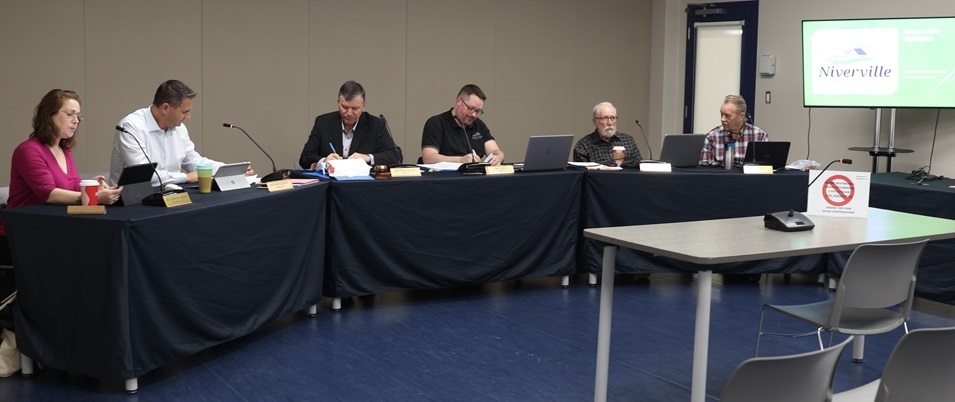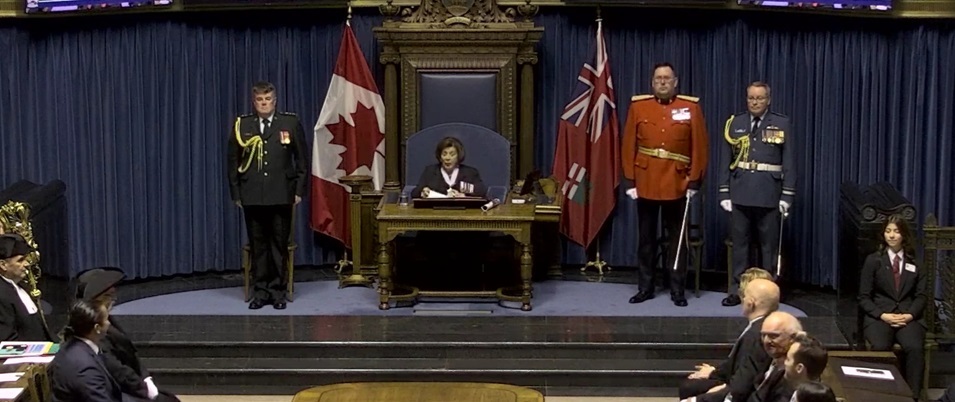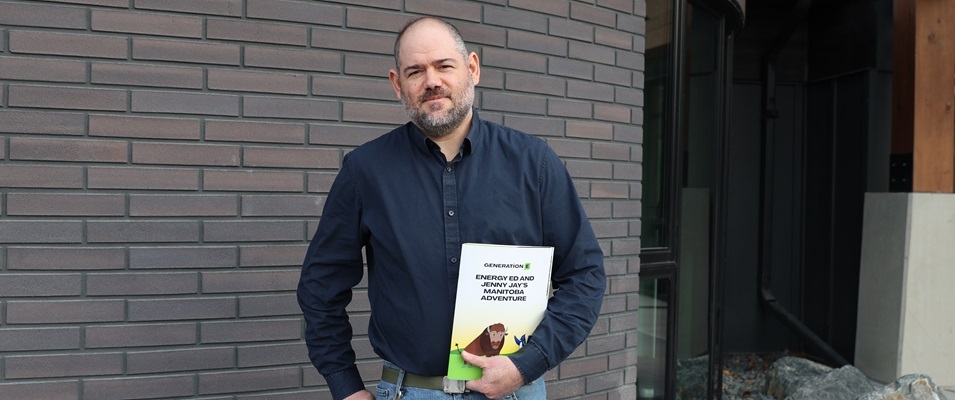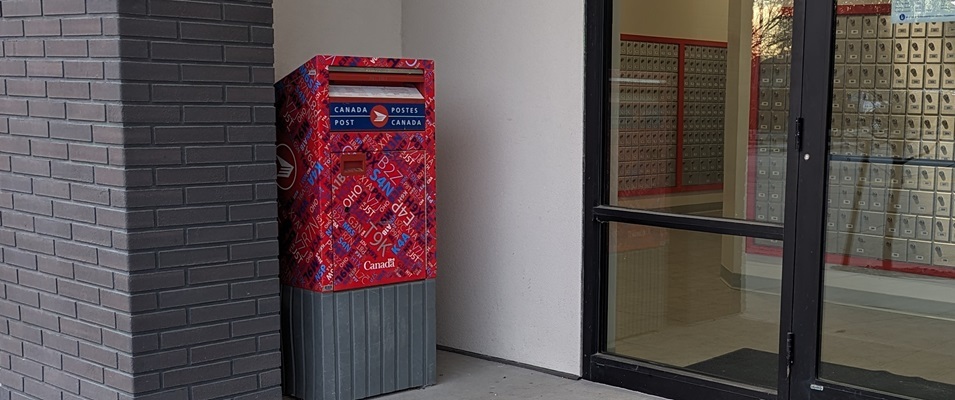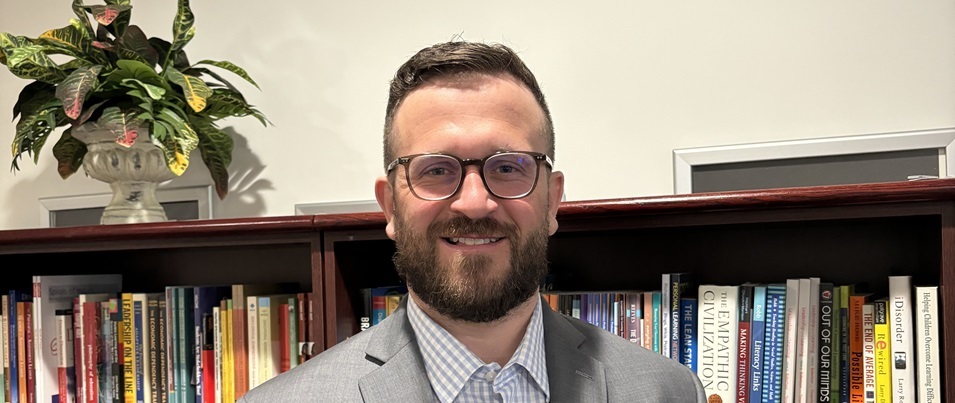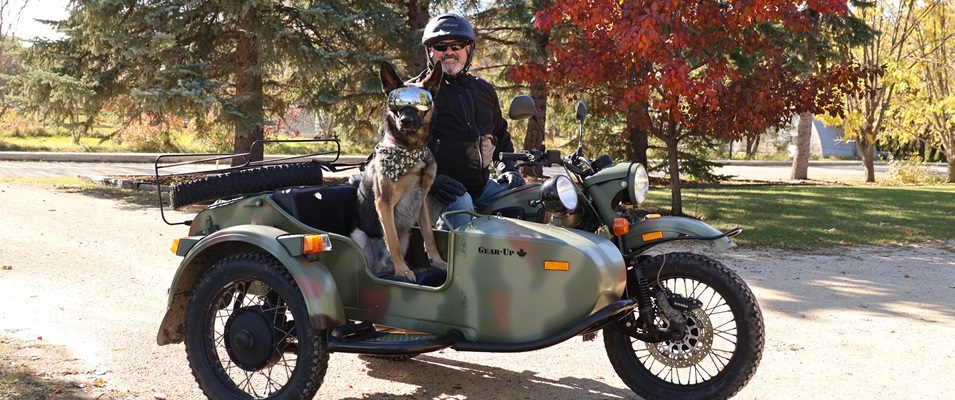
On November 11, at 11:00 a.m., Niverville’s Steve Choquette and his partner Renee Baudry will be observing a moment of silence in the nation’s capital.
Choquette, who served 20 years in the Canadian Armed Forces, views this trip to Ottawa as a personal pilgrimage.
“I think it’s so important to remember to honour those that went before us,” Choquette says. “Some people don’t have the privilege of being able to go because they’re not with us. So we go and we stand for those that can’t any longer. Also, we’re honouring the survivors. We’re still losing veterans through suicide and post-traumatic stress, so I think it’s really important to show our support.”
It will be Choquette’s first Remembrance Day service at the National War Memorial and his first time participating in the veterans’ march.
Choquette was just 17 years of age when he joined the military, inspired by a brother and several uncles who also served. For 17 of his 20 years, Choquette served as a military policeman both domestically and abroad.
While on Canadian soil, he provided law enforcement on military bases. When deployed, his job description included war crime investigation, prisoner of war containment, and peacekeeping.
Choquette was only 25 when he was deployed to Haiti in 1996, right after the Haitian president was ousted and revolutionaries took over the country.
“There was no infrastructure, no medical [system], the hospitals were empty, there were no police,” Choquette says. “So we flew in and established a camp and then we did everything we could to help that country. We delivered humanitarian aid and liberated a police station. We intervened in a firefight between the [rebel] police force and the Haitian national police.”
Choquette describes one particular incident that was especially unnerving at the time. On their way to help liberate a police station, he and his partner drove through the gang-controlled region of Haiti’s capital city in a military-issued open Jeep which offered almost no protection.
“The streets were lined with these military-aged men waving machetes and saying, ‘Go home!’” Choquette recalls. “It was like driving through a riot. But we kept our cool. Sometimes you have it and sometimes you fake it.”
For a military person, putting oneself in harm’s way in order to save the lives of others is what it’s all about. Still, Choquette says he needed constant reminders as to whom he was doing it for.
In Haiti, Choquette says the local children he saw on a daily basis inspired him to keep going.
“I knew why we were there,” he says. “To give those kids a chance.”
In 2003, Choquette headed on a peacekeeping mission to the Golan Heights, an area between Syria and Israel which had been under military occupation since 1973.
Peacekeepers from around the world were deployed there, year after year, to ensure the ceasefire between the two middle eastern countries was maintained.
A road runs through the Golan Heights, creating a demilitarized zone that stretches approximately one mile across. Along this road is a place called Checkpoint Charlie. Here, Choquette was stationed along with other military police from Poland, Slovakia, and Austria. He was the only Canadian on the site.
It was also here, under the instruction of two Austrian men, both named Wolfgang, that Choquette learned the art of military dog training.
“We lived in this zone where there were landmines and barbed wire and we were the only road that connected Syria to Israel,” Choquette says. “Anyone that crossed our border crossing area, we would conduct searches with the dogs to make sure there were no explosives, no unauthorized firearms, no drugs or contraband items, things like that.”
Choquette has many other stories he chooses not to tell, including stories that bear witness to the untold cruelty man is able to inflict upon his fellows in times of conflict.
When Choquette finally left military service in 2008, he says it took some work to reintegrate back into civilian life.
“It takes so much time,” Choquette says. “I had to seek counselling for myself in order to get to a good place. I’ve experienced those things and I guess knowing that I did everything that I could helped me get to a place where I could manage those feelings. I’m not going to lie. We all have our nightmares about the things we’ll never unsee. But somebody had to do it. You do for those who cannot [do for themselves].”
Today a framed display of Choquette’s five military medals rests in his dining room, a daily reminder of his time in service.
Apart from those medals, Choquette also brought home some basic fluency in about seven different languages which he learned while making friends abroad.
More recently, Choquette is finding joy in his vintage motorcycle collection and his faithful German Shepherd, Rommel.
The first bike he purchased was a 1968 BSA Thunderbolt, the same make and model his father owned as a much younger man. The bike has since sparked some fond memories for his aging father, who suffered a few strokes and lives with dementia.
“I said to myself, if my 80-year-old dad wants to go for a ride, I’m going to make it happen,” Choquette says.
Choquette’s next purchase was a vintage Russian Ural bike with an attached sidecar painted, appropriately, in a camouflage pattern. Choquette has since fulfilled his dream, taking his dad for occasional spins in the bike’s sidecar.
But it’s Rommel’s occupation of the sidecar next to Choquette that really garners attention from Niverville’s residents. Using skills from his military dog training days, Choquette has created the perfect riding partner in his trusty Shepherd, who sits proud next to his master as they parade through town.






